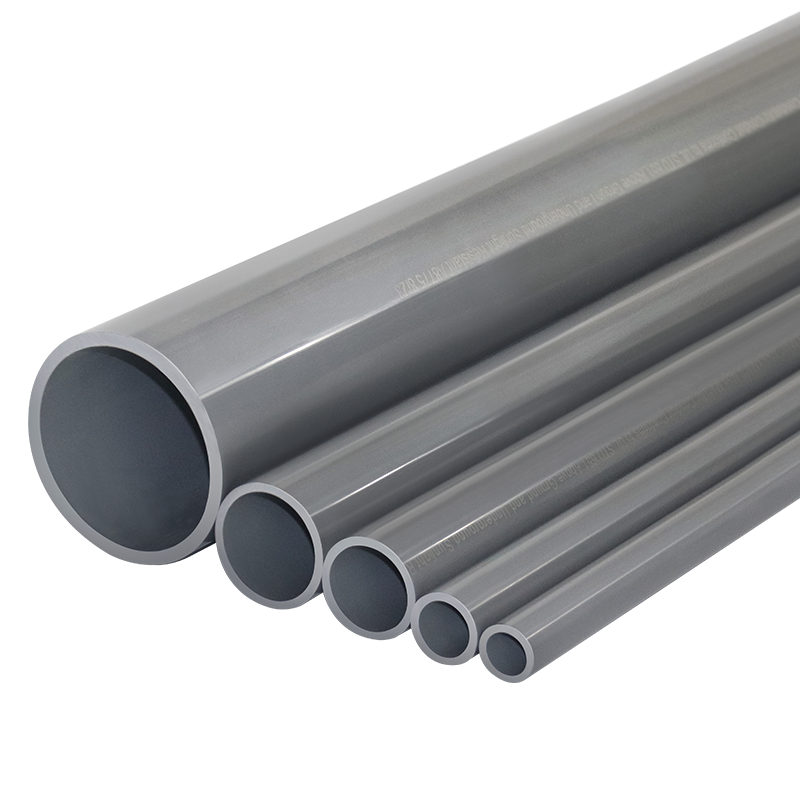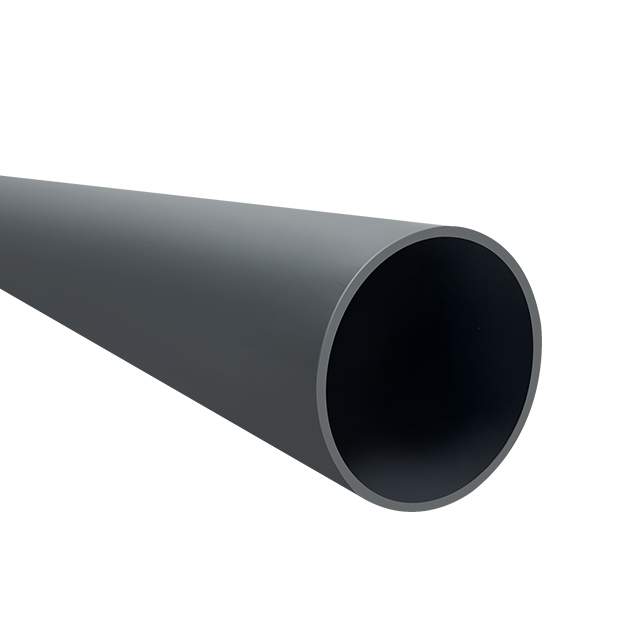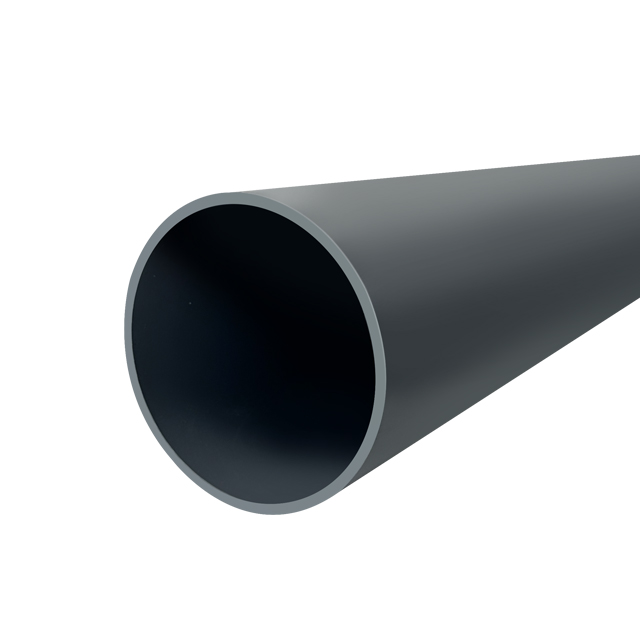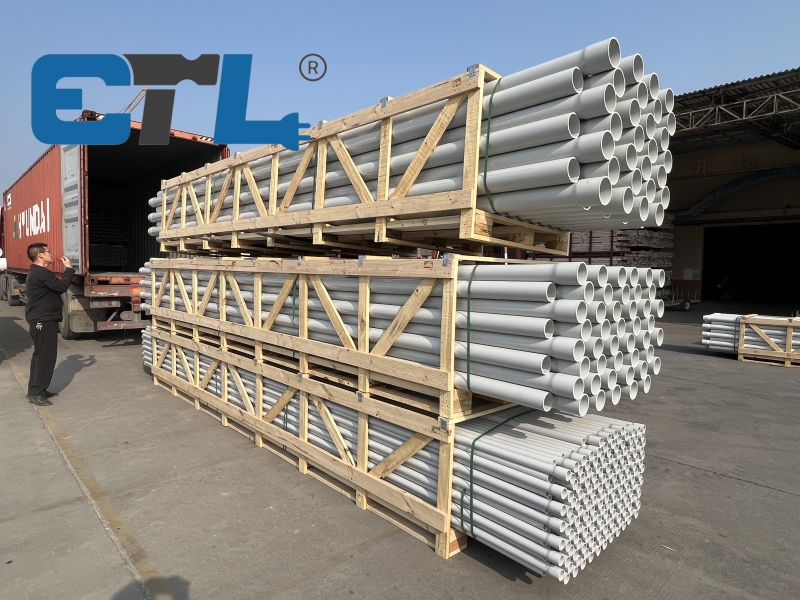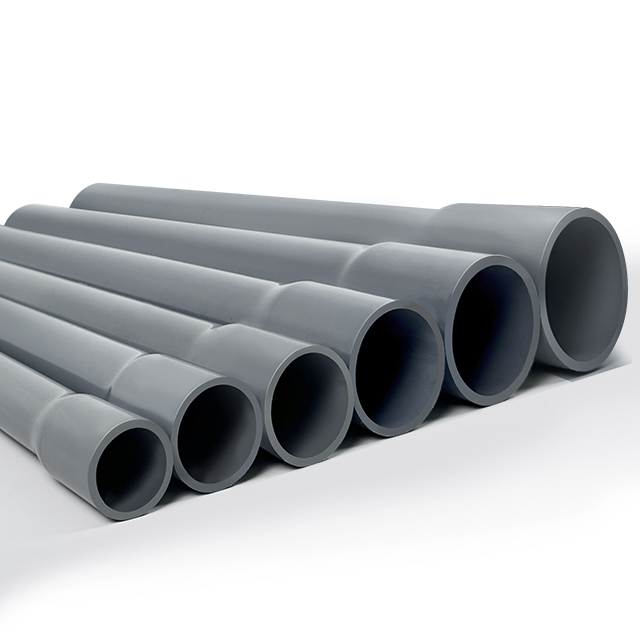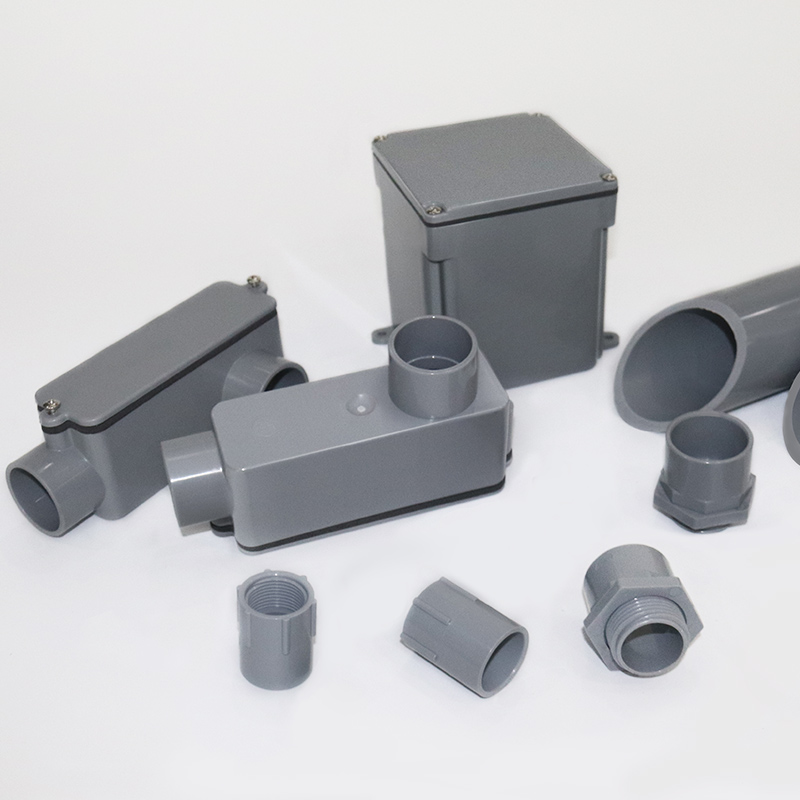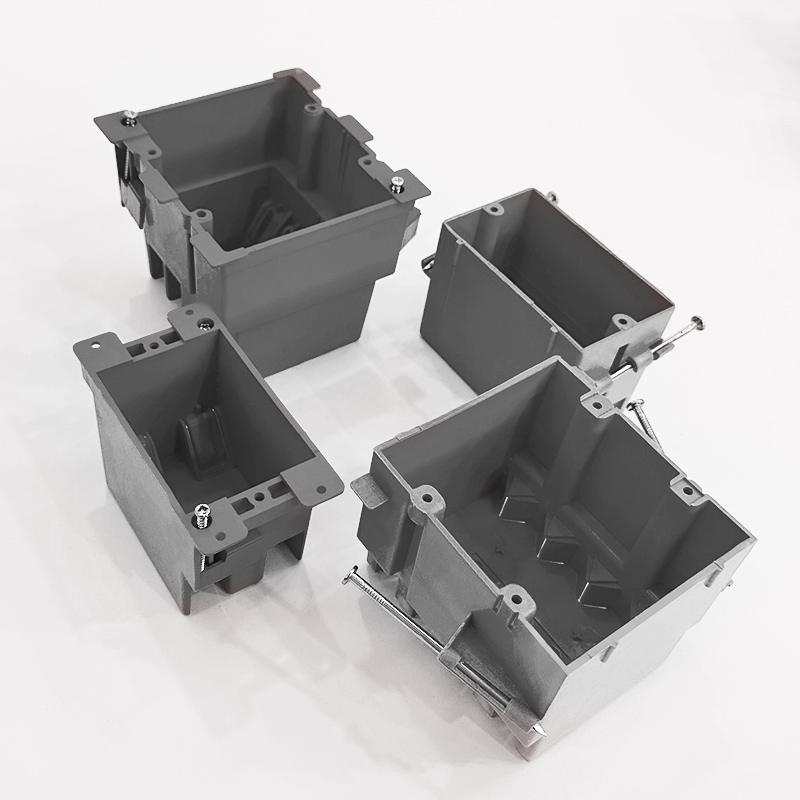When it comes to underground electrical wiring, selecting the right rigid PVC conduit is crucial for durability, safety, and compliance with industry standards. Among the various options, DB60, DB100, and DB120 conduits stand out for their strength, application, and suitability for different environments. Here we will list the key differences between these underground PVC conduit types, helping contractors, electricians, and project managers make informed decisions.
What Is Rigid PVC Conduit?
Rigid PVC conduit is a type of non-metallic conduit widely used in electrical installations due to its corrosion resistance, lightweight structure, and ease of installation. It is particularly beneficial for underground and outdoor applications where exposure to moisture, chemicals, or extreme temperatures is a concern.
ETL Depot provides ETL-certified rigid PVC conduit, ensuring compliance with safety regulations and durability for long-term performance. Different classes of rigid PVC conduits, such as DB60, DB100, and DB120, are designed to meet varying mechanical and environmental demands.
Understanding DB60, DB100, and DB120 Conduits
1. DB60 Conduit: Light-Duty for Residential & Light Commercial Use
DB60 conduit is a light-duty rigid PVC conduit primarily used in shallow underground applications, such as residential wiring and low-traffic commercial areas. It offers sufficient protection against soil pressure but is not designed for areas subjected to heavy loads or vehicular traffic.
DB60 Rigid PVC Electrial Conduits Pipe
Key Features of DB60 Conduit
● Lightweight and easy to install
● Suitable for shallow underground installations
● Cost-effective for residential and small-scale commercial applications
● Not ideal for high-impact areas or heavy-traffic zones
2. DB100 Conduit: Medium-Duty for Commercial & Utility Installations
DB100 conduit is a mid-range option offering enhanced strength and durability compared to DB60. It is commonly used in commercial applications, utility projects, and areas with moderate soil pressure. Many contractors prefer DB100 rigid PVC conduit for underground electrical wiring in environments requiring a balance of flexibility and strength.
DB100 UPVC Utilities Duct Direct Burial Conduit
Key Features of DB100 Conduit
● Greater wall thickness than DB60 for added durability
● Suitable for commercial underground conduit pipe applications
● Can withstand moderate soil pressure and environmental factors
● Ideal for utility projects requiring increased conduit strength
3. DB120 Conduit: Heavy-Duty for Industrial & High-Traffic Areas
DB120 conduit is the most robust among the three, designed for industrial and heavy-load environments. It is commonly used for infrastructure projects, highway lighting, and areas where high-strength PVC electrical conduit is necessary. Its thicker walls make it highly resistant to compression, ensuring long-term protection for underground electrical systems.
DB120 UPVC Utilities Duct Direct Burial Conduit
Key Features of DB120 Conduit
● Thickest wall construction among DB conduits
● Engineered for high-impact and heavy-traffic areas
● Ideal for industrial applications and infrastructure projects
● Maximum protection for underground electrical installations
Choosing the Right Rigid PVC Conduit for Electrical Wiring
The selection between DB60, DB100, and DB120 conduits depends on various factors, including load requirements, installation depth, and environmental exposure. Here’s a quick guide to help you decide:
|
Conduit Type |
Strength Level |
Application |
Best Use Cases |
|
DB60 |
Light-duty |
Residential & light commercial |
Shallow underground wiring, low-traffic areas |
|
DB100 |
Medium-duty |
Commercial & Utility |
Moderate soil pressure, general underground wiring |
|
DB120 |
Heavy-duty |
Industrial & Infrastructure |
High-traffic zones, highways, heavy-load applications |
Rigid PVC Conduit Standard: Why ETL Certification Matters?
When selecting PVC conduit for direct burial or any underground application, it’s essential to consider ETL certification. An ETL standard conduit guarantees compliance with industry safety standards, ensuring that your electrical conduit meets durability, performance, and fire resistance requirements. Understanding ETL certification for electrical products.
At ETL Depot, our ETL rigid PVC conduit is designed to provide superior strength and reliability for all types of underground electrical wiring projects. Whether you need conduit pipes for outdoor use or heavy-duty electrical conduit for industrial settings, our products meet the highest safety and quality standards.
Final Thoughts
Understanding the difference between DB60, DB100, and DB120 conduits is essential for selecting the best solution for your project. While DB60 conduit works well for residential applications, DB100 conduit provides a stronger alternative for commercial installations. For maximum durability and strength, DB120 conduit is the go-to choice for industrial and high-traffic environments.
When choosing a high-strength PVC conduit for construction, always consider ETL certification to ensure safety and long-lasting performance. For premium-quality underground conduit pipes, trust ETL Depot—your one-stop supplier for rigid conduit pipes and fittings.
Need Help Selecting the Right Conduit?
Contact ETL Depot today to explore our range of ETL-certified rigid PVC conduits

